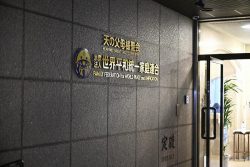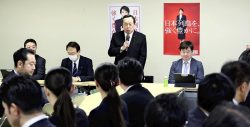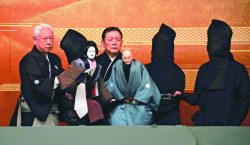‘Young Orpheus:’ Novel for Children Receives Opera Adaptation; Cast, Music Carries Audience on Interplanetary Journey
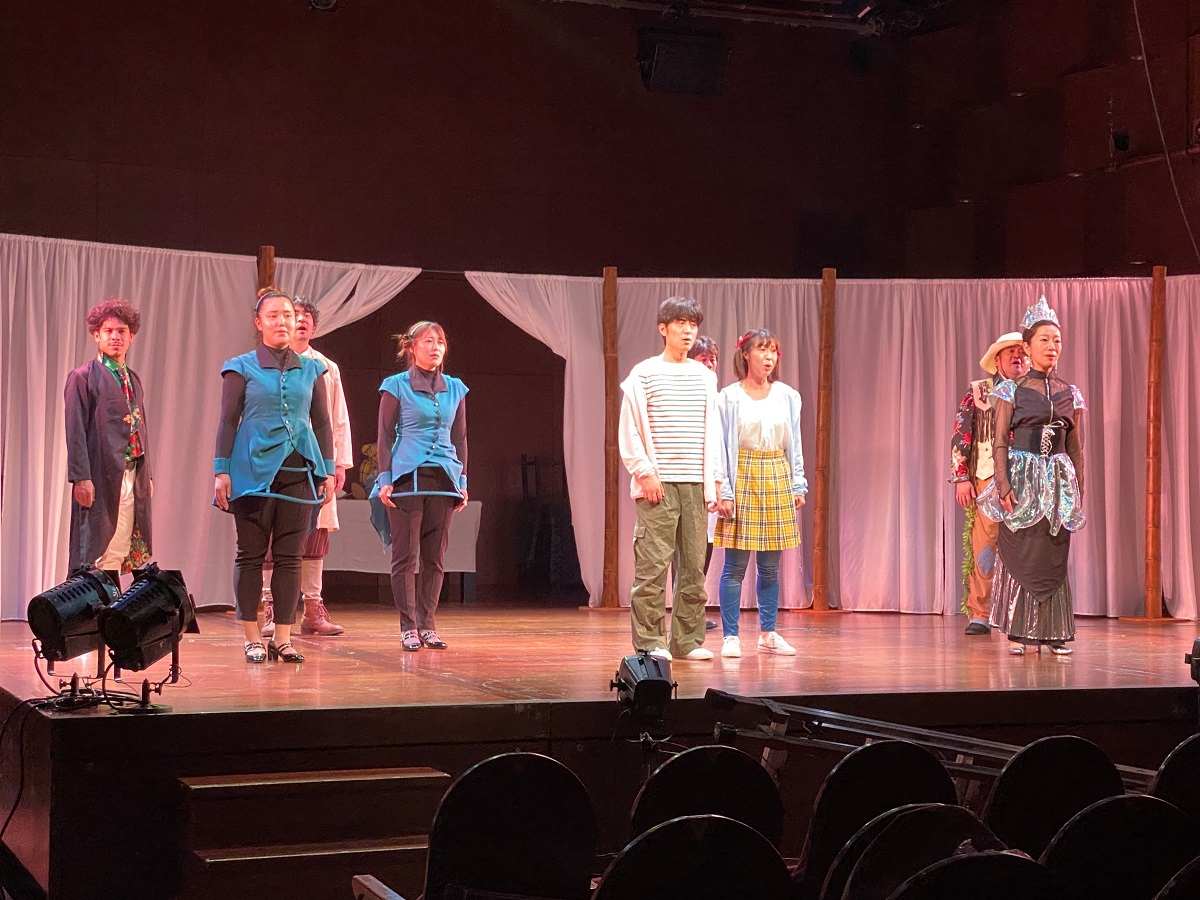
12:47 JST, August 12, 2024
A new chamber opera by Yuko Amanuma had its world premiere on Aug. 3 at Theater X in Sumida Ward, Tokyo.
“Shonen Orufe” (“Young Orpheus”) is based on a novel for children of the same name by Yukio Yonezawa, who won a newcomer award for children’s literature by Kodansha Ltd. for this work in 1962. The novel tells the story of Susumu, an 11-year-old boy who travels the universe in search of his little sister, Fuko, who died from an illness at age 7.
The story was inspired by the Greek myth about the bard Orpheus, who enters the underworld to seek his deceased wife.
After visiting the planets of justice and oblivion, Susumu finds Fuko on the platinum planet to find that she has no memory of her life on Earth.
The script was written by Amanuma and David Koshimiya.
Amanuma also conducted the performance and shared piano- and keyboard-playing duties with Yumi Suzuki. She calls this one-act opera a “Singspiel,” the German word for a type of musical play that includes both singing and speeches, unlike most operas where the dialogue is entirely sung.
The Singspiel started with the piano imitating a school bell denoting the end of the school day, signaling the fun playing time between Susumu and Fuko. But the little sister’s death changes the boy’s life. The music, mostly tonal, is easy to follow and includes some beautifully lyrical melodies, such as in a moving song by the chief justice and the finale, “Pie Jesu,” which is sung by the entire cast.
The nine young singers with burgeoning operatic or theatrical careers sang both individual roles and as part of ensembles. Tenor Takumi Torio’s youthful voice and engaging acting were perfect for Susumu. Mezzo-soprano Yuki Jitsukawa finely expressed the innocent charms of Fuko.
Baritone Yosuke Takahashi’s warm tone suited the roles of the chief justice on the planet of justice and Dr. Botanics, who takes Susumu to the platinum planet to find a memory flower. Toko Yamazaki’s silvery soprano shone through in her role as the queen of the platinum planet as well as in ensembles. Raishun Takei won over adults and children alike with his comic portrayal of the president of the planet of oblivion, and tenor Takahiro Terao had an impressive stage presence both as Susumu’s father and as the old man who befriends Susumu.
The two rocket girls, who guide Susumu to outer space, were vibrantly sung by Maho Saito and Yuriko Tango. Solemn-voiced bass Tomofumi Meguro as the solemn doctor completes the cast.
Markus Kopf directed the production with great attention to detail. Akari Ezure’s simple yet effective sets included white curtains that separated two different worlds or situations.
“Young Orpheus” is the fourth opera by Amanuma, a composer-conductor in a class of her own. A pioneering woman conductor, she was appointed the first resident conductor of the Orchestra Ensemble Kanazawa in 1988. She also served as the professor of opera studies, accompaniment and conducting at the University of Music Wurzburg in Germany in 2005.
It was during the COVID-19 pandemic that she began writing the operatic adaptation of the novel she had loved since childhood. She completed the work in 2022.
“I poured my everything into this opera, so I’ll have no regrets even if it becomes my last work,” Amanuma said after the evening performance on Aug. 3.
Unlike the Greek myth, “Young Orpheus” has a forward-looking ending. This lovely chamber opera has the potential to be loved for a long time.
“Young Orpheus” will be performed at Ishikawa Ongakudo concert hall in Kanazawa on Aug. 18. Visit https://ongakudo.jp/ticket/purchase-tickets/ticket-web/ or call (076) 232-8632 for tickets.
Top Articles in Culture
-

BTS to Hold Comeback Concert in Seoul on March 21; Popular Boy Band Releases New Album to Signal Return
-

Director Naomi Kawase’s New Film Explores Heart Transplants in Japan, Production Involved Real Patients, Families
-

Tokyo Exhibition Offers Inside Look at Impressionism; 70 of 100 Works on ‘Interiors’ by Monet, Others on Loan from Paris
-
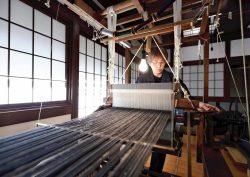
Traditional Japanese Silk Hakama Tradition Preserved by Sole Weaver in Sendai
-

Exhibition Featuring Yoshiharu Tsuge’s Manga World Underway in Chofu, Tokyo; Unique, Surreal Works Draw Steady Crowds
JN ACCESS RANKING
-

Producer Behind Pop Group XG Arrested for Cocaine Possession
-

Japan PM Takaichi’s Cabinet Resigns en Masse
-

Man Infected with Measles Reportedly Dined at Restaurant in Tokyo Station
-

Israeli Ambassador to Japan Speaks about Japan’s Role in the Reconstruction of Gaza
-

Videos Plagiarized, Reposted with False Subtitles Claiming ‘Ryukyu Belongs to China’; Anti-China False Information Also Posted in Japan


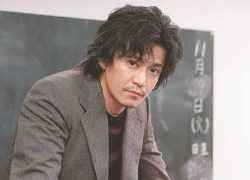
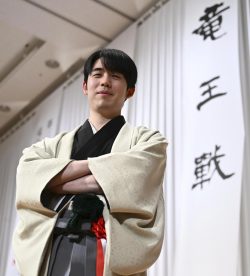

_0001-250x189.jpg)
